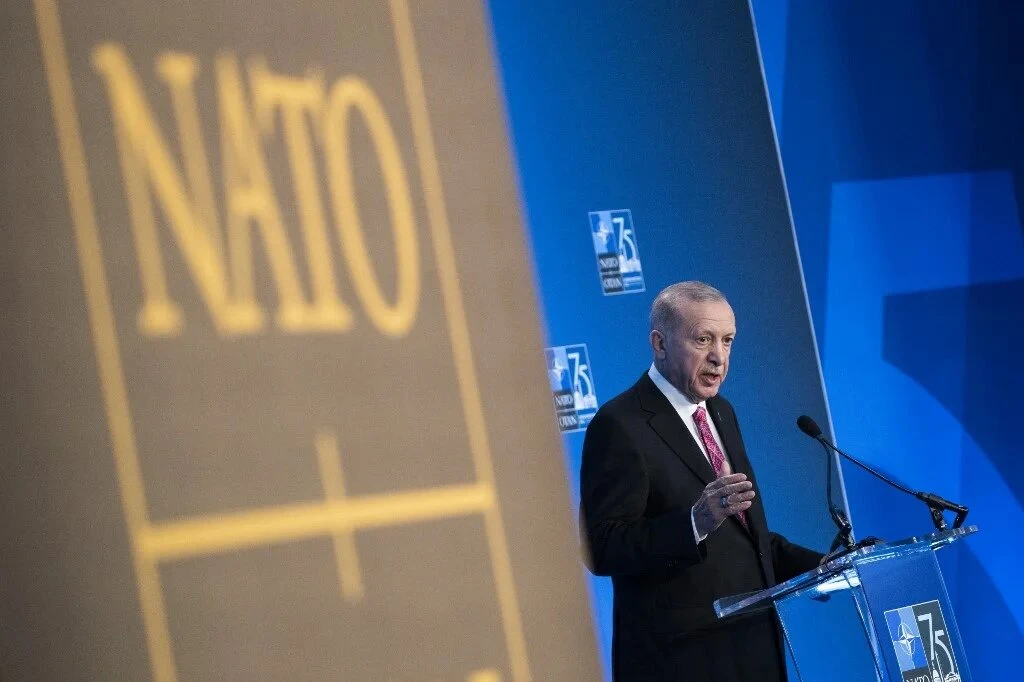Nobel laureate Daron Acemoglu explains why he wouldn’t have won in Türkiye
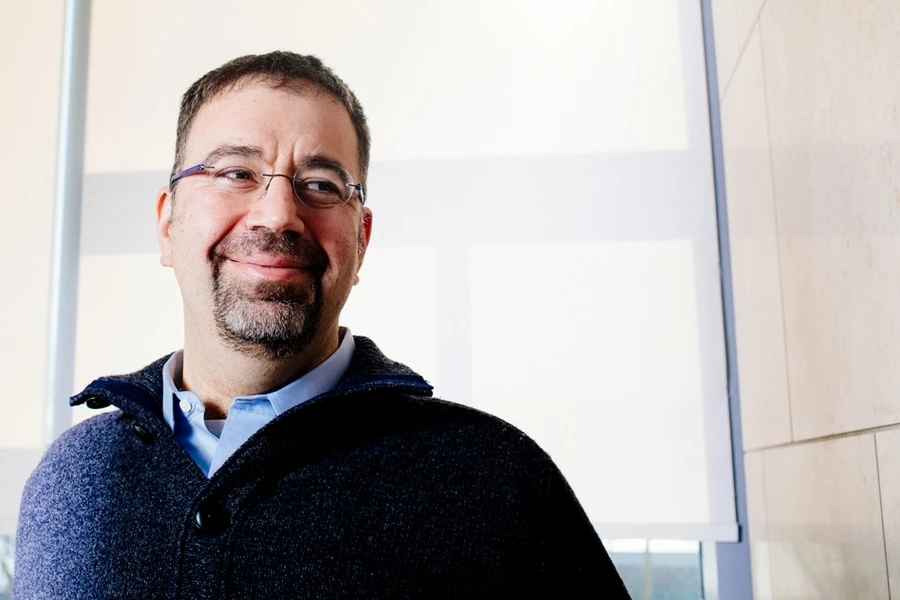 American-Turkish economist Daron Acemoglu's reasearch has influenced policy makers, March 7, 2019. (Photo via MIT News)
American-Turkish economist Daron Acemoglu's reasearch has influenced policy makers, March 7, 2019. (Photo via MIT News)
Nobel-winning economist Dr. Daron Acemoglu, a professor at the Massachusetts Institute of Technology (MIT), addressed Türkiye’s economic and social challenges during his visit to Brand Week in Istanbul.
Acemoglu, who rarely travels to Türkiye, discussed the country’s path forward and voiced his views on global issues, including the concentration of power in technology companies and the importance of democratic governance.
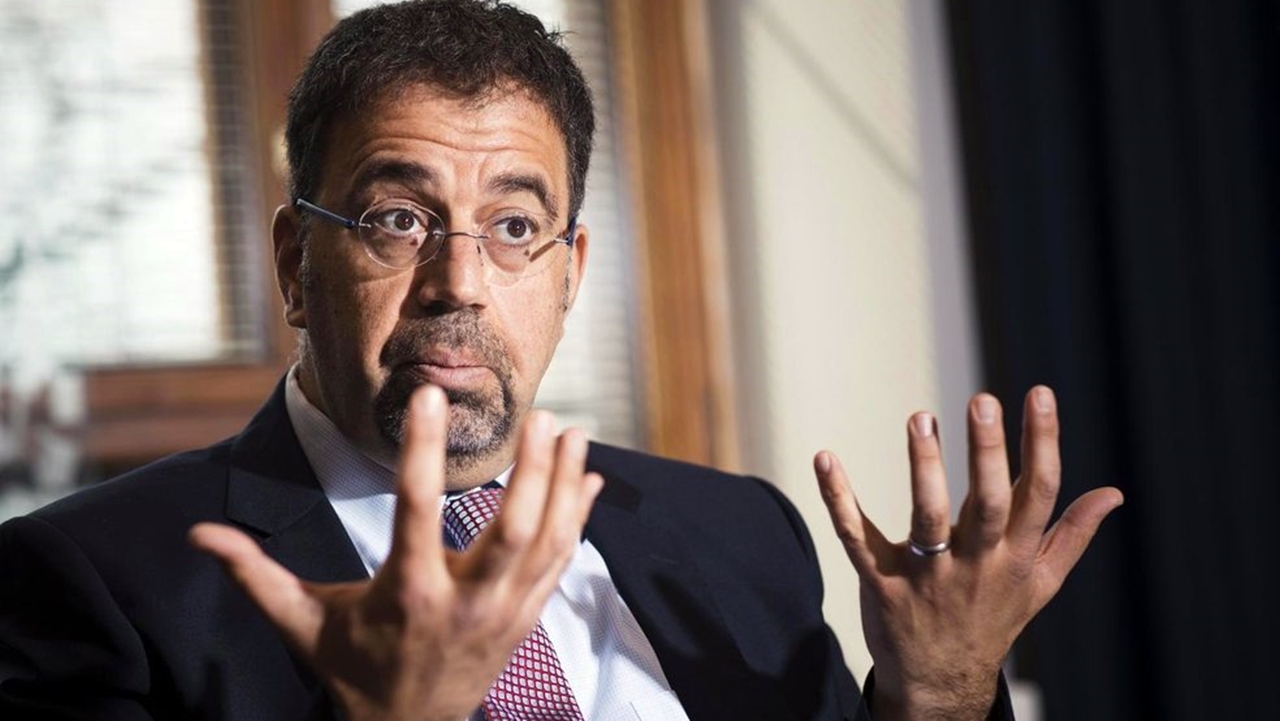
What does Daron Acemoglu think about Türkiye’s future?
Speaking to Turkish journalist Fatih Altayli, Acemoglu outlined his concerns for Türkiye’s future, warning that the next 15 to 20 years are crucial. He urged leaders to take decisive actions, saying, “If we make good use of these 15 years, we’ll advance a class. If not, we’ll fall behind.”
He emphasized that Türkiye’s aging population presents an urgent challenge, similar to those faced by countries like Germany, Japan and South Korea. Acemoglu also pointed out that artificial intelligence could drive productivity if directed to work alongside humans, rather than replacing them.
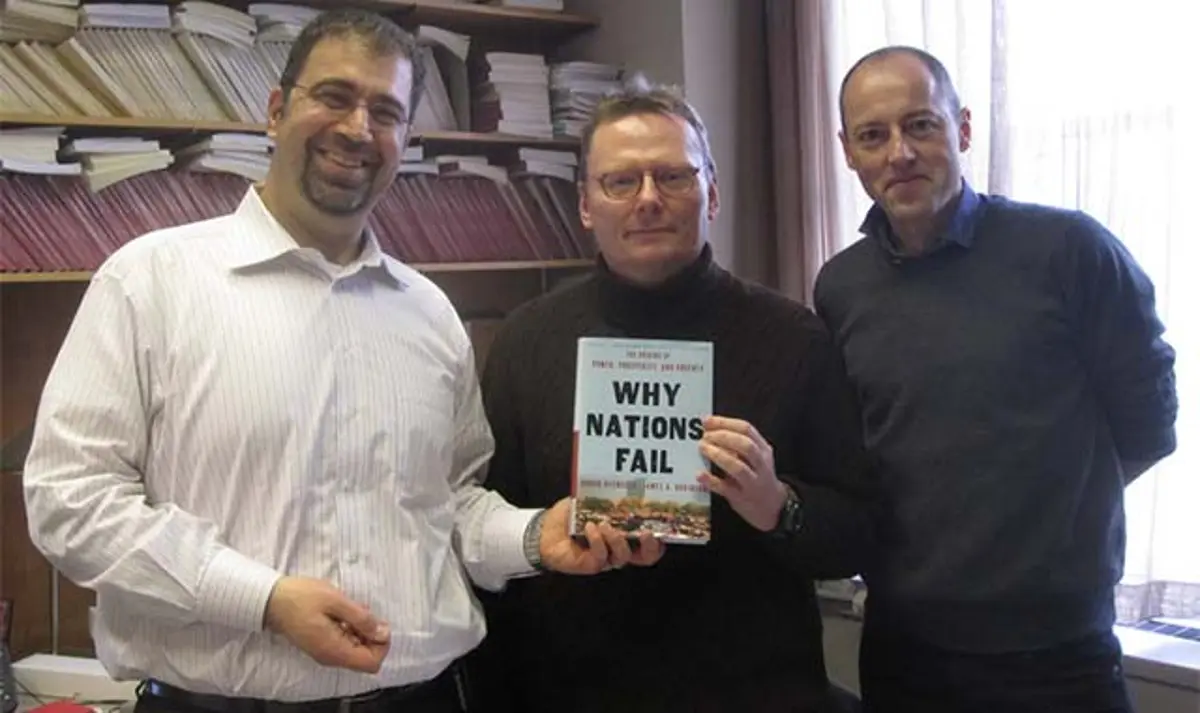
Türkiye’s main economic issues tied to judicial and educational weaknesses, says Nobel laureate
Acemoglu identified Türkiye’s primary economic issues as stemming from weaknesses in the judicial and educational systems.
He asserted that a credible and independent judiciary is essential for stable economic growth, saying, “Without a trustworthy legal system, lasting economic improvement is impossible.”
He described the necessity for a judicial structure that is respected by all, to create a solid foundation for economic stability.
Turning to education, Acemoglu advocated for a transformative overhaul of Türkiye’s schooling system. He envisions a system that fosters free thought, embraces artificial intelligence, and prioritizes innovation.
“A truly competitive and open-minded educational framework is crucial for sustainable economic reform,” he noted. According to Acemoglu, an effective education system must prepare students to engage with AI responsibly and develop skills that meet the demands of a modern economy.
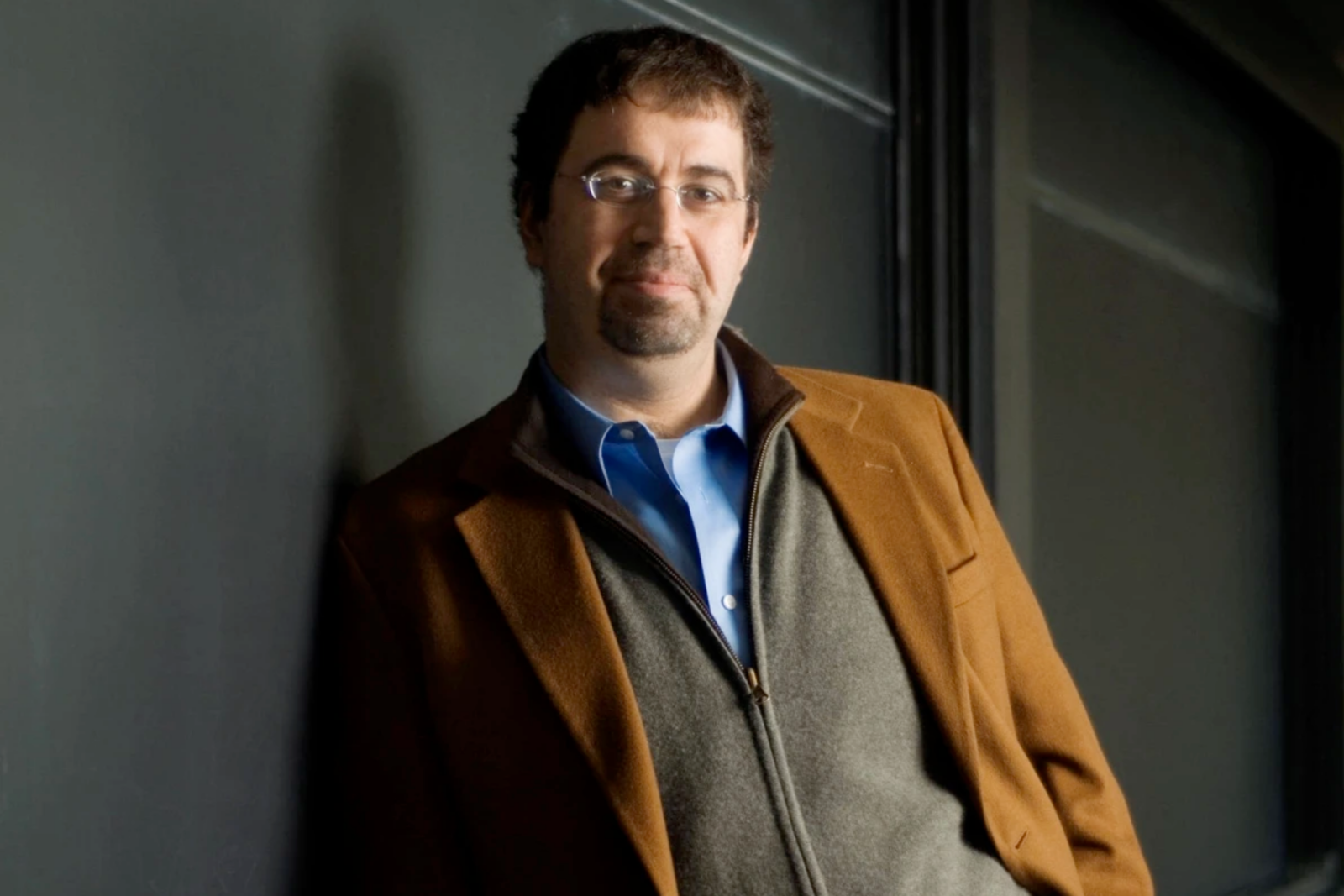
A Nobel in Türkiye? Daron Acemoglu doubts it could happen
Journalist Altayli asked Acemoglu whether he could have received the Nobel Prize had he spent his career in Türkiye.
Daron Acemoglu responded frankly, saying, “I wouldn’t have won it. Turkish universities lack freedom. If you tell a scientist what to research, that scientist can’t win a Nobel Prize.”
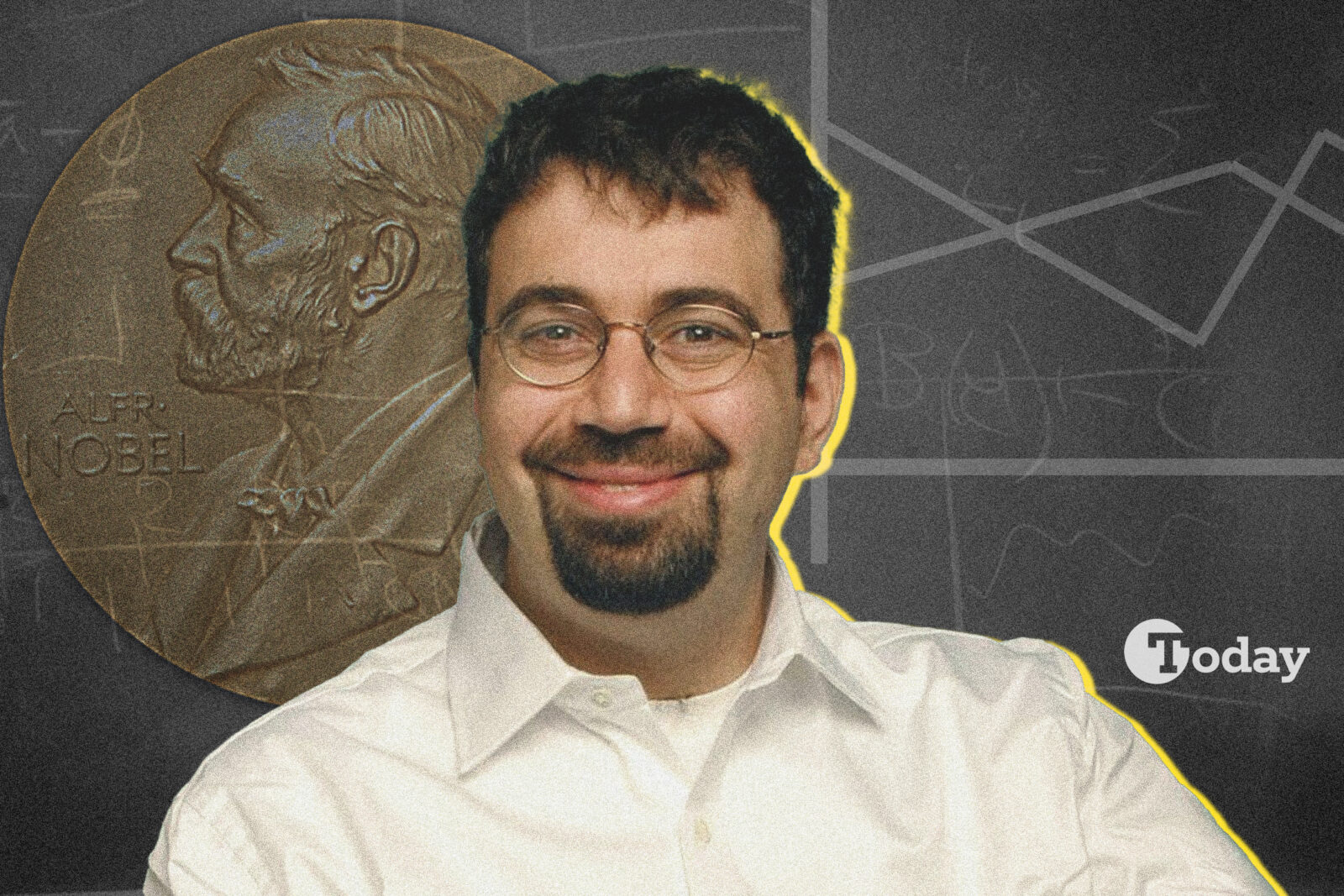
American-Turkish Nobel laureate sees income inequality, tech power as threats to democracy’s future
Addressing the recent U.S. presidential election which Donald Trump won, Acemoglu pointed to economic inequality as a growing challenge for democracies worldwide.
He linked Trump’s victory to rising disparities in wealth distribution in the United States, observing, “Economic growth and income distribution are increasingly unequal, and this has become one of democracy’s biggest dilemmas.”
Nevertheless, Acemoglu affirmed his belief in democracy, calling it society’s best option for fostering fairer systems. “Other systems don’t even offer this chance,” he stated, emphasizing that democracy still offers hope despite its imperfections.
Acemoglu also raised concerns over the expanding influence of tech giants, warning that corporations like Apple, Meta, Alphabet, Microsoft, and Nvidia have amassed so much power and data control that they now pose a threat to democracy and personal freedoms.
“These companies have become a threat to humanity,” he said, cautioning that their unchecked power risks undermining democratic principles and human autonomy. Acemoglu called for regulatory measures to limit the influence of tech monopolies, underscoring the need to protect individual freedoms in the digital age.
